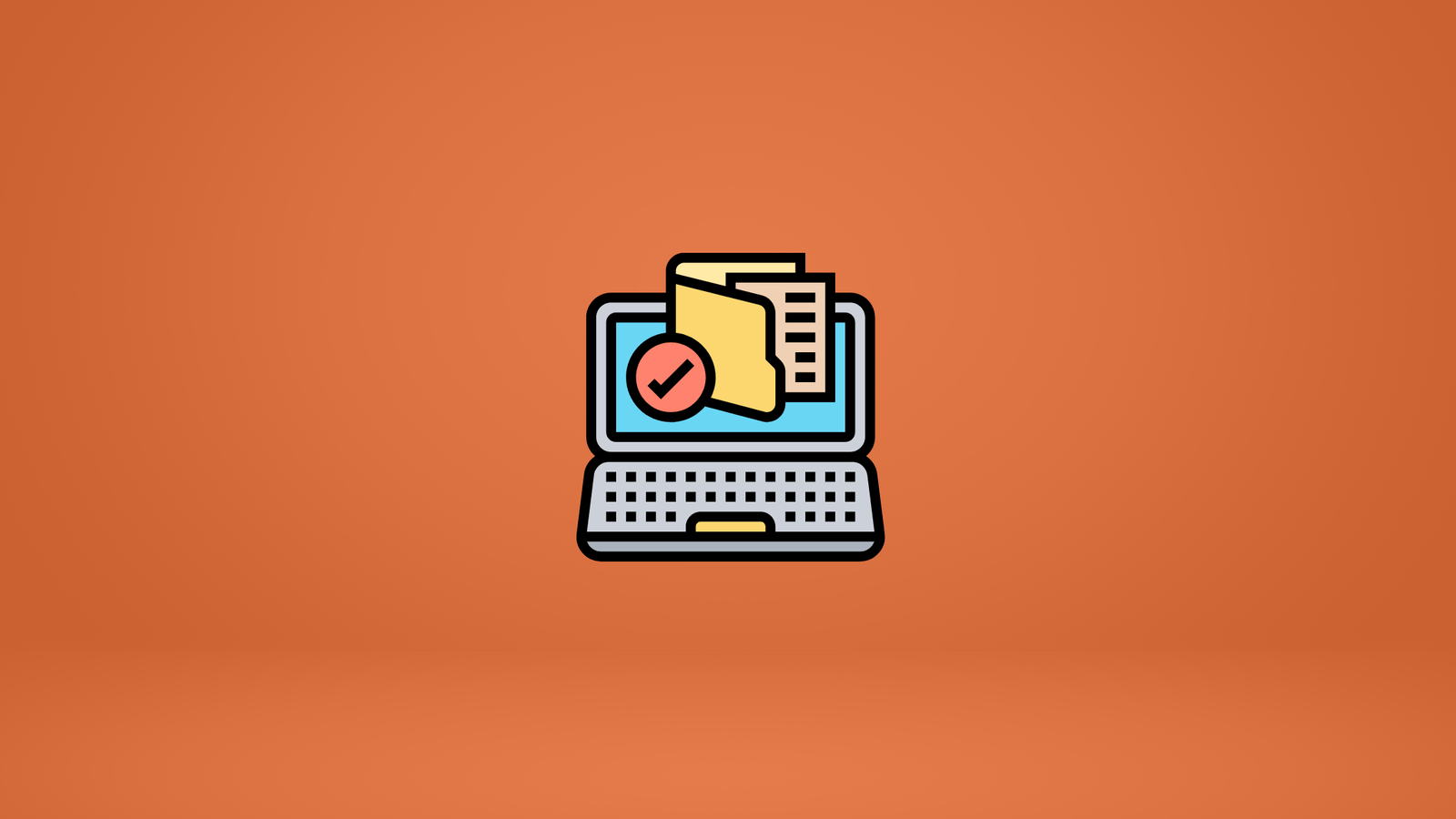
Here are five proven ways we recommend improving your business cash flow before the year ends.

.png)
As the end of the year approaches, most business owners are focused on wrapping up projects, closing deals, and maybe taking a well-deserved break. But if there’s one area you don’t want to overlook, it’s your cash flow. Cash flow is the heartbeat of your business — it determines whether you can cover expenses, pay your team, invest in growth, and move confidently into the new year. Even profitable businesses can run into trouble if money isn’t managed strategically.
That’s where proactive planning — and the right financial partner — makes all the difference. At Vincere Tax, we help business owners get ahead of the year-end rush by reviewing their books, identifying tax-saving opportunities, and building stronger cash flow strategies. The goal: help you keep more of what you earn and reduce financial stress.
Below are five proven ways to improve your business cash flow before December 31 — plus a free resource every service-based business owner should download.
If you’ve had a profitable year, one of the simplest ways to improve cash flow while lowering your tax bill is to prepay deductible expenses before December 31.
By paying these now, you reduce your taxable income for this year and start the new year with fewer immediate obligations.
We created the Free ebook "Top 10 Tax Write-Offs Every Service-Based Business Should Know" — a simple, easy-to-follow guide packed with deductions that business owners use every year to keep more money in their pockets legally and strategically.
Download the Free Checklist Here📍
On the other side of the equation, delaying certain income until next year can also improve your year-end cash flow — particularly for cash-basis businesses.
This approach can reduce your taxable income for the current year, giving you more flexibility when you need it most. That said, timing income and expenses takes balance — too much deferral can impact next year’s profitability.
That’s why Vincere Tax reviews your overall revenue and tax position before recommending any adjustments. You’ll know exactly what makes sense for your business.
Cash flow problems aren’t always caused by lack of revenue — often, they’re caused by slow-paying clients.
At Vincere Tax, we’ve seen clients go from 60-day payment delays to 15 days or less just by tightening up their process — freeing up thousands in working capital heading into the new year. Chat with an advisor here.
Year-end is the perfect time to audit your business expenses. Many companies discover they’ve been paying for tools, software, or subscriptions they barely use.
Cutting even a few hundred dollars in unnecessary costs per month can have a major impact on cash flow — especially when you redirect that money into growth or savings.
When working with Vincere Tax, we help business owners not just track expenses, but analyze them. We’ll show you where your cash is going, where it’s being wasted, and how to adjust your spending patterns for better financial health in 2026.
Payroll is often a business’s largest expense — and it’s also one of the most complex. Conducting a year-end payroll review can prevent costly mistakes and identify opportunities to improve cash flow.
💡Misclassifying workers or underpaying payroll taxes can create unexpected liabilities and cash flow strain in the new year.
At Vincere Tax, we help business owners review their payroll structure, identify red flags, and ensure full compliance — so you can start the new year with clarity, not confusion.
Improving your cash flow before the year ends isn’t just about getting through December — it’s about creating financial breathing room for the future.
Vincere Tax helps you get there. Our advisors don’t just crunch numbers — we partner with you to build a proactive, year-round strategy that keeps your cash flow healthy and your tax bill as low as possible. Whether you’re a small business owner, an S-Corp, or a growing LLC, we’ll review your finances, identify areas of improvement, and design a custom plan that fits your goals.

For 2025, a tax write-off (or business deduction) is any ordinary and necessary expense directly related to operating your business. That could include things like marketing costs, office expenses, software tools, or business insurance. At Vincere Tax, we help business owners review their expense categories and identify deductions they may be missing — ensuring everything is claimed accurately and within IRS guidelines.
Yes — but the 50% deduction limit for business meals still applies this year. Meals must have a clear business purpose (like discussing projects or meeting clients), and you’ll need to document who attended and what was discussed. Entertainment expenses, however, remain non-deductible under current IRS rules. Vincere Tax clients often get a custom meal deduction tracker to make documentation effortless and audit-safe.
It does — and it’s still one of the most valuable deductions for small business owners. If you use a portion of your home regularly and exclusively for business, you can claim a portion of rent, mortgage interest, utilities, and internet. Vincere Tax helps clients calculate this deduction precisely and ensures it’s properly documented to avoid IRS pushback.
Yes — if you use your phone or internet for business, you can deduct the business-use percentage of those costs. For example, if 70% of your calls and data usage are for clients, 70% of your bill is deductible.
Business-related driving remains deductible in 2025. You can use either the standard mileage rate (updated annually by the IRS) or the actual expense method (fuel, insurance, and repairs).
Some of the deductions business owners often miss include:
Vincere Tax reviews your full expense list during tax planning to uncover hidden deductions and optimize your year-end strategy.
If you wait until tax season to think about cash flow, you’re already behind. The best time to act is now, while there’s still time to make a meaningful impact on this year’s finances. At Vincere Tax, we specialize in helping business owners make confident, informed decisions about their money — so you can finish the year strong and enter 2026 with a clear financial roadmap.
📞 Schedule your year-end tax and cash flow review today.
Our team will help you uncover hidden savings, optimize your cash position, and plan for a stronger, more profitable year ahead.
Being audited is comparable to being struck by lightning. You don't want to practice pole vaulting in a thunderstorm just because it's unlikely. Making sure your books are accurate and your taxes are filed on time is one of the best ways to keep your head down during tax season. Check out Vincere's take on tax season!

This post is just for informational purposes and is not meant to be legal, business, or tax advice. Regarding the matters discussed in this post, each individual should consult his or her own attorney, business advisor, or tax advisor. Vincere accepts no responsibility for actions taken in reliance on the information contained in this document.
For business tax planning articles, our tax resources provides valuable insights into how you can reduce your tax liability now, and in the future.